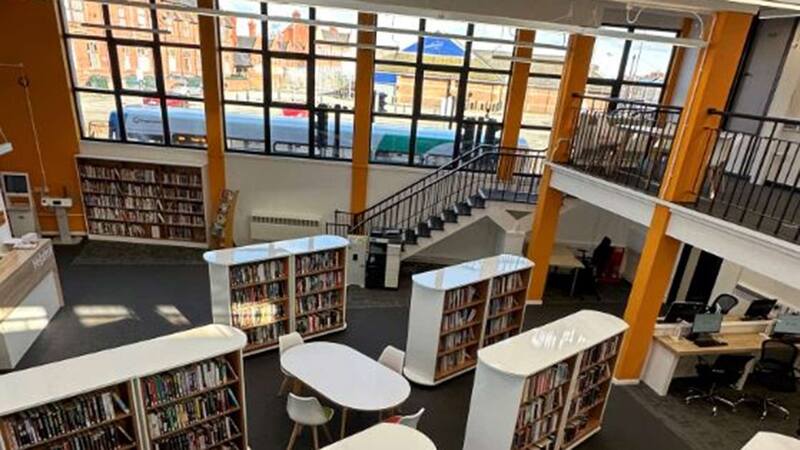You are viewing your 1 free article this month. Login to read more articles.
Rebuck: 'libraries and literacy crucial for health of the nation'
Penguin Random House chair Gail Rebuck has spoken up for libraries in the House of Lords, citing research that found they save the NHS £27.5m a year in reduced GP visits. Baroness Rebuck also made a "plea" for the government to better fund literacy charities.
A lifelong advocate for literacy charities and chair of Quick Reads, Baroness Rebuck stressed the importance of literacy and reading for pleasure, declaring it "an essential ingredient in our democracy", and called for government to recognise the crucial role they play in in the health of the nation.
Reading helps improves empathy, and could reduce the risk of dementia and depression; it may even help people to live longer (the latter as according to Elsevier journal Social Science & Medicine), said Rebuck, going on to relay estimated savings of millions of pounds libraries have made for the NHS.
"Perhaps we should put this figure [£27.5m] on the side of buses. Perhaps we should also put it on the side of mobile libraries and even ambulances, to recognise the value of reading to our health," she said, in reference to the recent Brexit campaign. "Sadly, however, our libraries themselves have not been in good health; many have died, and the epidemic continues. We have seen more than one library a week close across England since austerity measures were introduced, and Lancashire just announced that it is about to close 29 of its libraries. We must urgently bring the library network into remission."
Baroness Rebuck called for the government to better fund literacy charities - which funding she said has been dropping over the last five years - as "the seed beds of innovation in our fight against illiteracy and inequality of opportunity".
"Surely it is in all of our interests for these charities to be well funded. The private sector plays its part but private money can often be withdrawn, leaving important initiatives in limbo," she said.
She demonstrated the urgency of the issue with statistics showing that currently one person in six in the UK lives with poor literacy.
"There has been much analysis of the referendum result but perhaps we can agree on one thing: too many in our society feel disconnected, disempowered and are disengaged from politics, particularly the young. The Prime Minister alluded to this in her first speech in Downing Street when she said that her Government would be not only for the privileged few but for every one of us, and she gave a list of 'burning injustices'. If she is to live up to these words, the Government should focus on the lack of literacy, which is at the heart of so many of these injustices," she said.
She closed: "Literacy charities may help many of those without a voice to gain one through improved skills. This helps our democracy to survive and thrive. However, just as the people they help needa voice, so too must the charities be allowed to campaign. They must be able to challenge and lobby government for change. Any attempt to reduce that ability would take us a further step away from the desperate improvement needed in literacy, improvement that is essential to the health of our nation, our economy and our democracy."


















